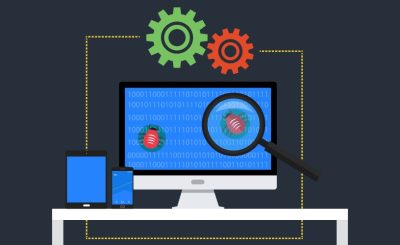In the realm of business software, Customer Relationship Management (CRM) systems have emerged as indispensable tools for managing client interactions, streamlining operations, and driving growth. While many industries benefit from generic CRM solutions, accounting, with its unique demands and client-centric focus, often requires a more tailored approach. Customizing a CRM to fit the specific needs of accountants can significantly enhance its efficacy. Let’s explore how CRM systems can be tailored for accounting professionals and the benefits of such customization.
Key Customizations for Accountants
- Integrated Financial Tools: Accountants deal with a plethora of financial data daily. Integrating tools like invoicing software, tax calculators, or financial forecasting modules directly into the CRM can streamline operations and reduce the need to juggle multiple platforms.
- Document Management: Accounting involves a myriad of documents, from tax forms to financial statements. A customized CRM should offer robust document management features, allowing for easy uploading, categorization, and retrieval of essential files.
- Task Automation: From sending tax reminders to scheduling audits, accountants have recurring tasks that can be automated. Custom workflows can be set up in the CRM to automate these tasks, ensuring consistency and timeliness.
- Secure Client Portals: Given the sensitive nature of financial data, a CRM tailored for accountants should offer secure client portals. These portals allow clients to upload documents, view financial reports, and communicate with their accountant in a secure environment.
- Detailed Client Profiles: Beyond just contact details, accountants need comprehensive client profiles that capture financial histories, previous interactions, and specific preferences. Custom fields can be added to the CRM to capture this nuanced information.
- Advanced Reporting: Accountants rely heavily on reports to make informed decisions. A Customizing a CRM to fit the specific needs of accountants can significantly enhance its efficacy, allowing for the generation of detailed financial reports, performance analytics, and client insights.
- Collaboration Tools: Accounting often involves teamwork. Integrating collaboration tools, such as real-time chat, shared calendars, or task assignment features, can enhance teamwork and ensure seamless client service.
Benefits of a Customized CRM for Accountants
- Enhanced Efficiency: By tailoring the CRM to the specific needs of accountants, redundant features can be eliminated, and essential tools can be prioritized, leading to enhanced efficiency.
- Improved Client Service: A CRM that captures detailed client information and automates regular interactions ensures that clients receive timely, personalized service, enhancing satisfaction and retention.
- Data Security: Given the sensitive nature of financial data, a customized CRM can prioritize advanced security features, ensuring that client data remains protected against potential breaches.
- Scalability: As accounting firms grow, their operational needs evolve. A customized CRM can be scaled and further tailored to accommodate this growth, ensuring that the system remains relevant and useful.
- Competitive Advantage: In a competitive landscape, offering clients a seamless, efficient, and tech-forward experience can set an accounting firm apart. A tailored CRM can be a significant differentiator in this regard.
Conclusion
In the digital age, where technology is reshaping industries, accounting professionals cannot afford to rely on one-size-fits-all solutions. A CRM system, customized to fit the unique demands of accounting, can be a game-changer. It not only streamlines operations but also enhances client service, drives growth, and ensures data security. As the adage goes, “The right tool for the right job.” For modern accounting professionals, a tailored CRM is undoubtedly that tool.








